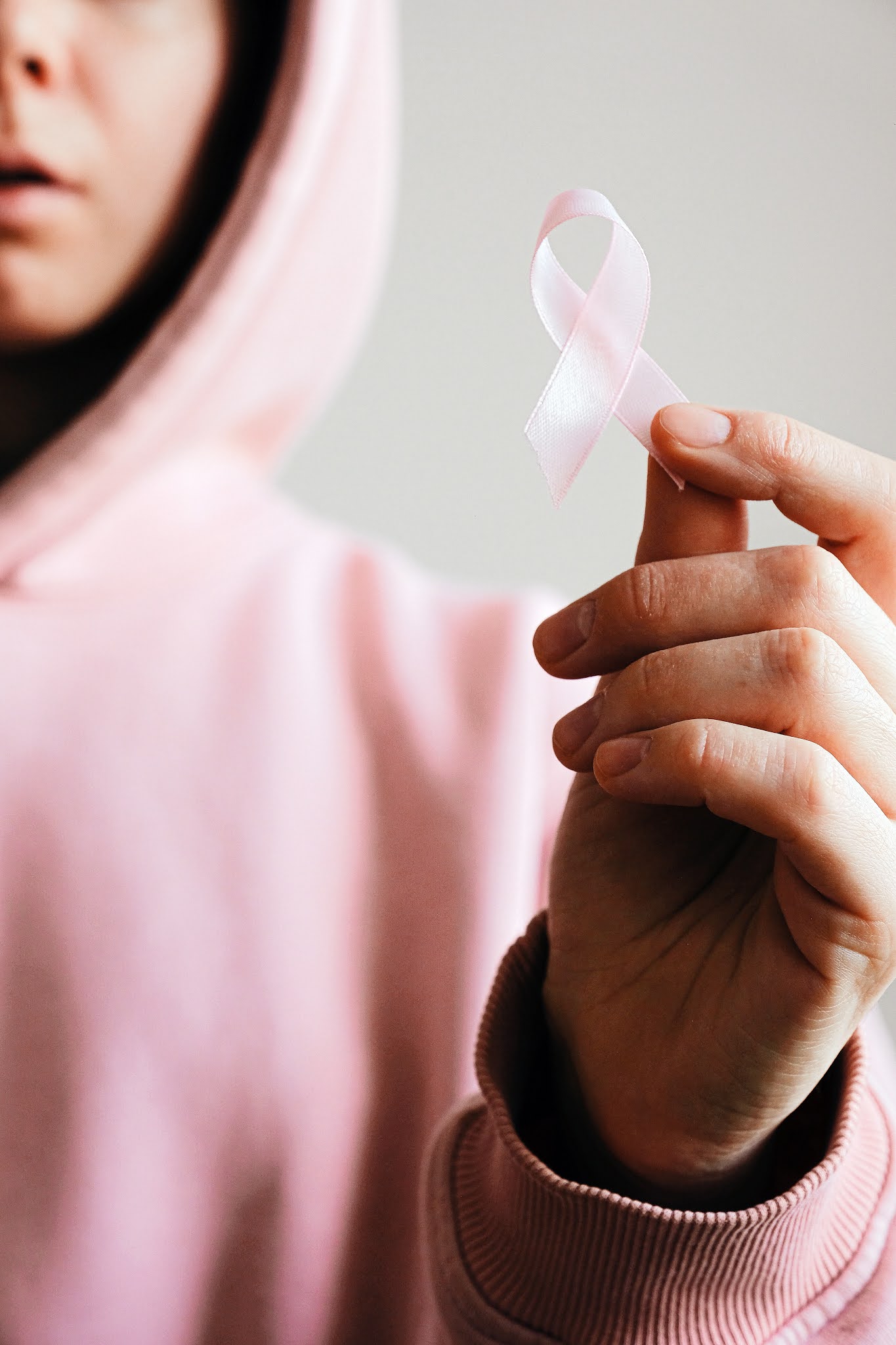Cancer and breast cancer is a group of epidemics (diseases) that have cells that can penetrate the body and then spread indefinitely. These cells not only invade the tissue in which they are located, but they invade the surrounding tissues of the body and distant tissues and destroy the latter in a process of transmission They are called metastases.
Yes! ... Cancer is a malignant tumor, unlike benign tumors that differ and are distinguished by their limited ability to grow, transmit and invade, however, when neglected, a benign tumor may develop into a tumor or cancer. Some types of cancer occur due to genetic factors Hereditary, its symptoms can be detected by screening tests, symptoms and signs, and medical imaging.
What is breast cancer?
Breast cancer is a type of cancer, which is formed in the cells of one or both breasts, and breast cancer is ranked second among the types of cancers that affect women and girls in the United States of America, after skin cancer that comes at the top of the list.
Does breast cancer affect men?
Yes! Breast cancer may affect men or women, but it is more common in women.
Breast cancer research:
Many types of research and studies have been conducted in the field of breast cancer, and this research has been funded by all governmental and private stakeholders, so that this matter helped along with support and awareness of the risk of breast cancer, early detection, and the use of treatment methods that take into account the individual's condition And understanding the nature of the disease, to the progress in the diagnosis of breast cancer, until the life rates of breast cancer patients increased and the death rates decreased regularly. Some research has determined that a person's lifestyle, hormonal factors, and the environment increase the risk of breast cancer, but there are some people with cancer even though they do not have risk factors surrounding them, Others may not be infected. The interaction between the genetic components and the environment may be the cause of breast cancer.
Breast cancer symptoms and signs:
A woman may feel an enlargement or lump in the breast that is different from the rest of the surrounding tissues.
Feeling of a change in breast size, shape, and appearance.
inverted nipple
If the area of the skin surrounding the nipple is peeling off, stiffness, or flaking.
Breast redness, change in color and pitting, like orange skin.
When should I visit the specialist doctor?
Whenever you have signs of breast cancer or one of them, and even if the mammogram is normal, you should make an appointment with your doctor quickly.
Where does breast cancer begin? ...
This type usually begins from the cells surrounding the milk-producing ducts, and then this type of breast cancer is called (violent lactic cancer), and it can also start from glandular tissue (lobules) and this cancer is called (invasive lobular carcinoma), and finally, it can be In other cells and tissues in the breasts.
Causes of breast cancer:
Doctors and specialists say that breast cancer occurs due to the presence of some cells that grow abnormally, divide rapidly and accumulate to form a tumor, as these cells move to the lymph nodes or all tissues of the body.
Hereditary breast cancer
There is approximately 5-10 percent of breast cancer caused by genetic factors that are transmitted through family members. Several inherited genes have been identified that increase a person's chances of developing breast cancer. Among the most common genes that cause breast cancer, the gene “BRCA1” and the “BRCA2” gene, these two genes increase the risk of breast cancer and ovarian cancer.
If your family has a history of breast cancer or other types, your doctor will recommend that you conduct periodic genetic tests to help determine whether there are mutations that will be passed on to you and determine the percentage of your infection with the dreaded disease.
Breast cancer risk factors:
Risk factors are the factors that make a woman more likely to develop breast cancer, but the presence of one or two factors does not mean that you will develop the disease, as many women with breast cancer do not have the line factors at all.
Among the factors that increase the risk of breast cancer:
Being a woman makes you more likely to get breast cancer, as mentioned above.
Old age: advancing age (for example, the forties and beyond) increases a woman's rates of infection.
Atypical hyperplasia of the breasts, or the presence of invasive lobular carcinoma, makes women more likely to develop breast cancer.
Having cancer in one breast increases the risk of developing the other breast.
Family medical history: If your mother, God forbid, or your sister or grandmother was diagnosed with breast cancer at an early age, this increases your risk of developing breast cancer, of course, although the majority do not have a history of the disease.
Genes that increase the risk of breast cancer and ovarian cancer.
Radiation treatments on the chest area in childhood or youth.
Obesity and being overweight increase the risk.
If your menstrual cycle started early, before the age of twelve.
Menopause at a young age is also a risk factor.
Having the first child at a later age.
If you have never been pregnant, you are at greater risk.
Hormonal and postmenopausal treatments.
Drink alcohol.
Breast cancer prevention:
The risk of breast cancer is prevented through periodic medical examination and self-examination.



Post a Comment